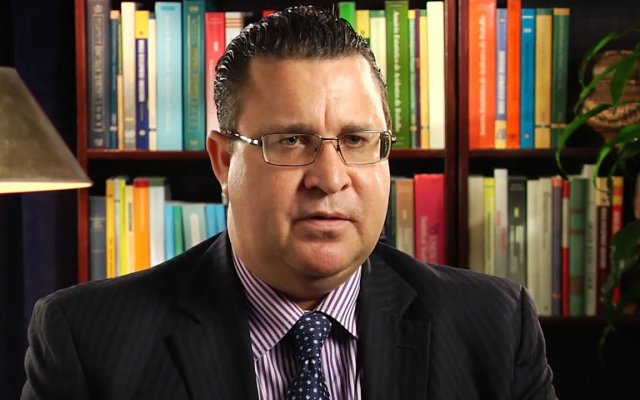
Accra, Ghana//-‘World Development Report (WDR) 2021: Data for Better Lives’, says breaking out of the current impasse in data governance calls for a new social contract for data.
Such a contract according to the World Bank report would enable the use and reuse of data to create economic and social value, while ensuring equitable access to the value realized, as well as fostering participants’ trust that they will not be harmed by data misuse.
On these aspects, lower-income countries are too often disadvantaged, lacking as they often do have the infrastructure and skills to capture data and turn them into value, the institutional and regulatory frameworks to create trust in data systems, and the scale and agency to participate equitably in global data markets and their governance.
The report prepared by the World Bank states that this new social contract needs to be forged at both the national and international levels.
Speaking at a WDR20221 country dissemination workshop in Accra, Acting Country Director, World Bank Ghana Office, Patrick Mullen, notes that there has been a remarkable growth in the rate of data generated across the globe and this was significantly accelerated by the rapid migration to digital platforms as a result of the COVID-19 pandemic.
However, he observes while data is growing in its sheer volume, importance and impact, data is a double-edged sword that can be used positively or negatively.
For instance, data can significantly enhance development by providing useful insights and has been used to promote greater accountability, increase business opportunities and enhance service, Mr Mullen says.
In spite of these benefits, it is noteworthy that data can also be used to cause harm to citizens, companies and countries when they are used in ways that are unethical, unsafe and unsecured.
Harnessing the potential of the growing volumes of data requires bridging critical gaps in the data governance ecosystem supporting their creation and reuse.
Touching on Ghana, Mr Mullen says: “Ghana has been a regional leader for the digital transformation and developing data-driven digital economy in recent years with investments from both the public and private sector.
This has included strategic investments in digital infrastructure and the development of legal and regulatory frameworks for safe data usage, much more can be done”.
On her part, the Minister of Communication and Digitalization, Madam Ursula Owusu-Ekuful says the government is making frantic efforts to set up vibrant analytic platforms to analyze and leverage big data for the benefit of the country.
To this end, she calls on big tech companies operating Ghana and other parts of Africa to share part of their profits with their host governments for re-investment into productive sectors of those countries.
Commenting on the report via video, World Bank’s Chief Economist and Vice-President for Infrastructure, Ms Vivien Foster says given the global scale of data industries, some of the most challenging aspects of the social contract call for closer international cooperation to harmonize regulations and coordinate policies—whether on a bilateral, regional, or global level. Increase data use and reuse to realize greater value.
Using data for one purpose does not diminish their value. Increasing access to more users through open data and data sharing initiatives, for example, increases the potential of data for positive development impacts, she adds.
Ms Foster notes that harmonizing definitions, standards, and classifications—that is, ensuring interoperability across data—enhances the realization of synergies across different data sources.
Much of the recent explosion in new data has stemmed from digitization of firm operations. Combining these data with traditional sources such as censuses, national surveys, government administrative data, and data produced by civil society organizations could help fill data gaps, provide timelier and finer-scale assessments of programs and policies, and serve public policy needs.
Instructively, ‘World Development Report 2021: Data for Better Lives’ aims to answer two fundamental questions. First, how can data better advance development objectives? Second, what kind of governance arrangements are needed to support the generation and use of data in a safe, ethical, and secure way, while also delivering value equitably?
Recent technological innovations have led to a massive increase in the availability of real-time, granular data. These innovations in data generation create new opportunities for enhancing the economic performance of firms; for repurposing data to improve the design, execution, and evaluation of public policies; and for helping individuals and communities make better choices by accessing more information and knowledge.
African Eye Report


